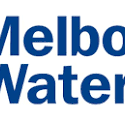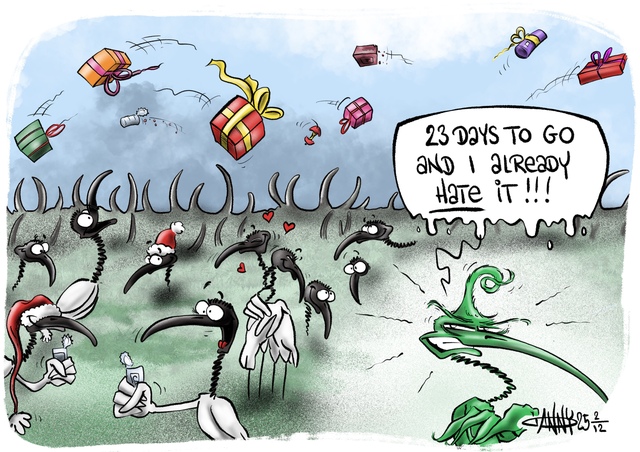By Peter Douglas
MELBOURNE Water has confirmed it is responding to concerns about a potential blue-green algae bloom in Lilydale Lake.
Melbourne Water Waterways North East Manager, Steve Hosking, said they had been contacted by members of the community and were responding accordingly.
He said water samples had been collected from the lake and results are expected within the next few days.
Mr Hosking said it would be unusual for blooms to be detected in the lake.
“Blue-green algae blooms are rare at Lilydale Lake and one has not been recorded there in many years,” he said.
“Blue-green algae are bacterial organisms that are present in almost all aquatic ecosystems in Australia, including rivers, lakes and estuaries.
“Blooms generally occur during summer and autumn, often when nutrient levels are high, temperatures are warm, and the water is relatively still or flows slowly with low turbulence.”
Mr Hosking said weather conditions, nutrient levels and water flow will affect how long a bloom will last.
He added long-term prevention is difficult.
“Because they are naturally occurring, there is little that can be done to prevent blue-green algae blooms which dissipate over time,” he said.
Meanwhile, posts through social media channels have suggested a dog recently became seriously ill and was euthanised after coming into contact with the water at Lilydale Lake.
Mr Hosking reminded the public to remember that swimming in Lilydale Lake is not recommended at any time.
He also encouraged the community to be aware of the possible risks surrounding blue-green algae.
“People should avoid contact with the water and make sure that it does not come into contact with their skin or eyes,” he said.
“Pet owners are advised to take similar precautions and prevent their animals from entering the water or from drinking it.”
Safety tips
*It is best to avoid contact with water affected by blue-green algae, as direct contact may cause skin irritation, mild respiratory effects and hayfever-like symptoms.
*If your skin or clothes come into contact with algae-affected water, wash thoroughly with fresh water as soon as possible.
*It is safest not to let your dog swim or drink in water where there is blue-green algae present. If your dog does come in contact with the water, wash them thoroughly with fresh water and dry them to prevent them grooming themselves and ingesting algal residues.







